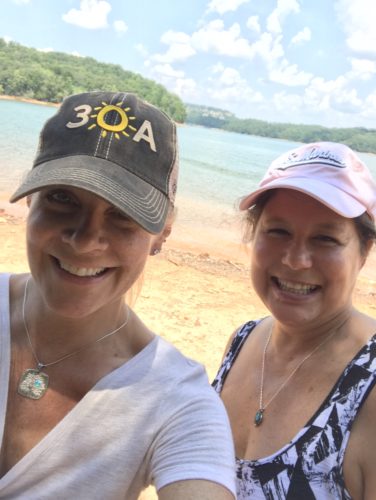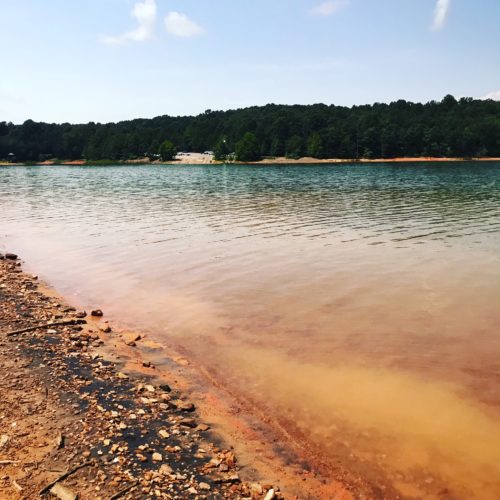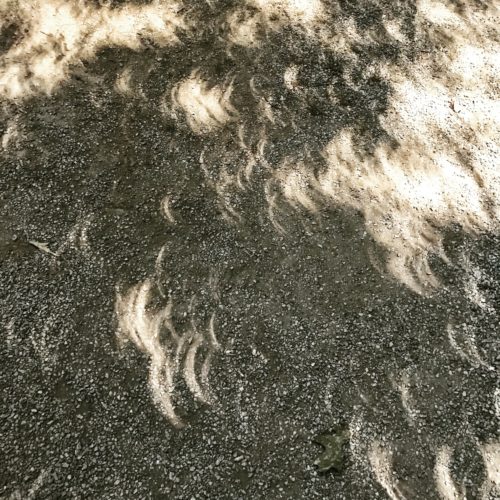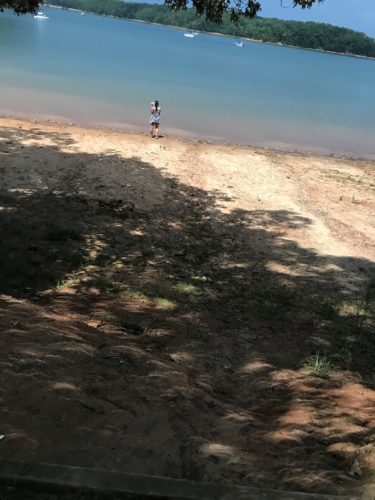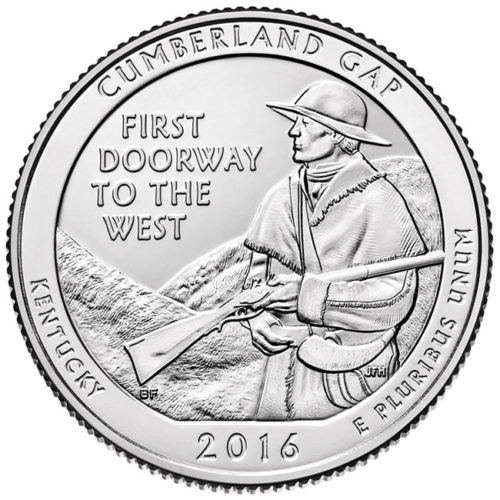Yesterday, I drove to see the eclipse in a place that I thought would serve me best. By the water.
I sped down curving country roads in the convertible listening to stories from my friend, Karin who had moved to rural Georgia from Chicago as a high school junior, thirty-nine years ago.
“It was wild. We were wild,” she said, shaking her head, laughing at the crazy things they did, the way every spare moment was spent outside- living a lake life of boating and fishing and swimming and camping. How she tried and failed to explain that sort of fun to city kids back in Illinois. As we drove she pointed out the changes in the towns, the roads, the development of the land. But on the ridge of a long hill, there was one thing that couldn’t change— the mountains beyond and the gorgeous view— rolling grass into a valley that seemed exactly as she’d remembered it.
There had been years between her youth and when she came back, settling in right down the road – still living a lake life, but maybe with more adult in it. More temperance. A real job, but always, at the core there was music and art. Art won out in the end. And yet she struggles—as we all do— with balancing tasks that need to be done with things she wants to do.
We drove into a tiny park tucked into cove at the end of a poorly marked road — a local’s secret spot and chose a camping turnout with shade and sun, a picnic bench five feet above a rocky beach.
This is Georgia: red clay soil peppered with sparkling quartzite, flat warm lake water in hues of browns and greens, a warm heaviness in the air that grew more so as the sun and moon started their power play. From across the water sounds carried—boat engines starting or cutting off, a man shouting and another telling him to “Shut the hell up,” both laughing, the thick sing-song accents of children splashing in the water with their puppy Roscoe and behind us, birds twittering then falling silent as the shadows began their crescent dance.
At that bench, we told more stories about our youth, spoke of issues we’re dealing with, about the power and beauty of Mother Nature, the idea of how small we are in this universe, how meaningless. I confessed feeling anger and disappointment toward people lately and hoped for a solution to a problem that required direction. She complained she hadn’t been making more time for her art, wished she had the passion of her youth, the energy she had in 1979 as a senior in high school when her whole world was unfolding.
Five times we walked from the table down mud steps to the lakeshore and back, checking the progress of the eclipse. On the sixth time, I notice two quarters lined up perfectly on the edge of the table. Exactly where I’d been sitting. I hadn’t noticed them. Our purses were near, but not open. They weren’t our coins.
I picked up the first one and read the inscription on the Kentucky coin, “FIRST DOORWAY TO THE WEST.”
Karin, says, “What? Stop it. You’re freaking me out.” I show her the coin and say, “Holy crap. That’s my solution,” which would have been weird to say to anyone else, but I’m talking to a tarot reader, a woman who understands spirit and energy, and the meaning surrounding doorway and west makes perfect sense to me.
“Wait.” I reach for the other coin. It’s old and dirty and when I rub my thumb across the date it reads 1979. I laugh. “And here’s your answer. You’re still that Karin from 1979, you’re just letting life get in the way.”
We slipped the coins in our bags and walked half-blind in our dark paper glasses to the water’s edge. We felt the air cool around us. The lake now still- the birds now silent and as the world turned dark in the middle of the day, two people staring into the sky promised to honor what feeds us, embrace our wild side, live with true intention while always being aware of cues from the universe-like a coin on a picnic bench in a secret cove



